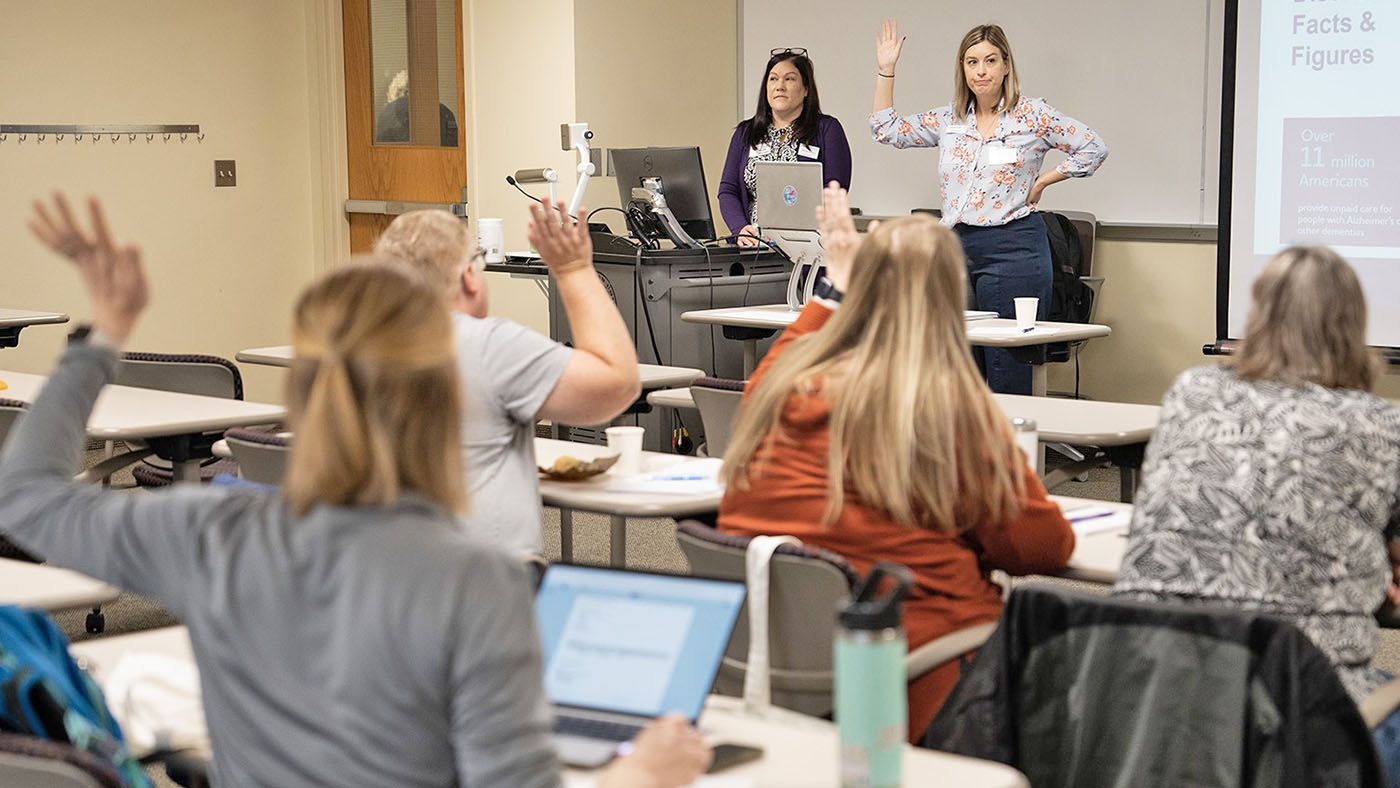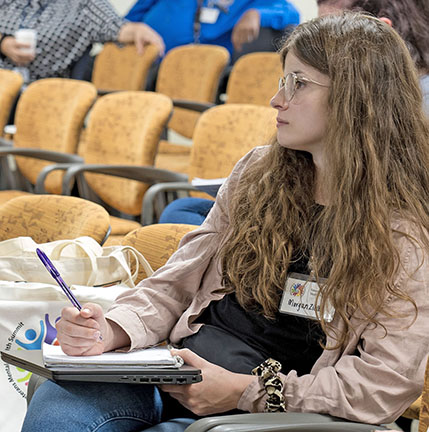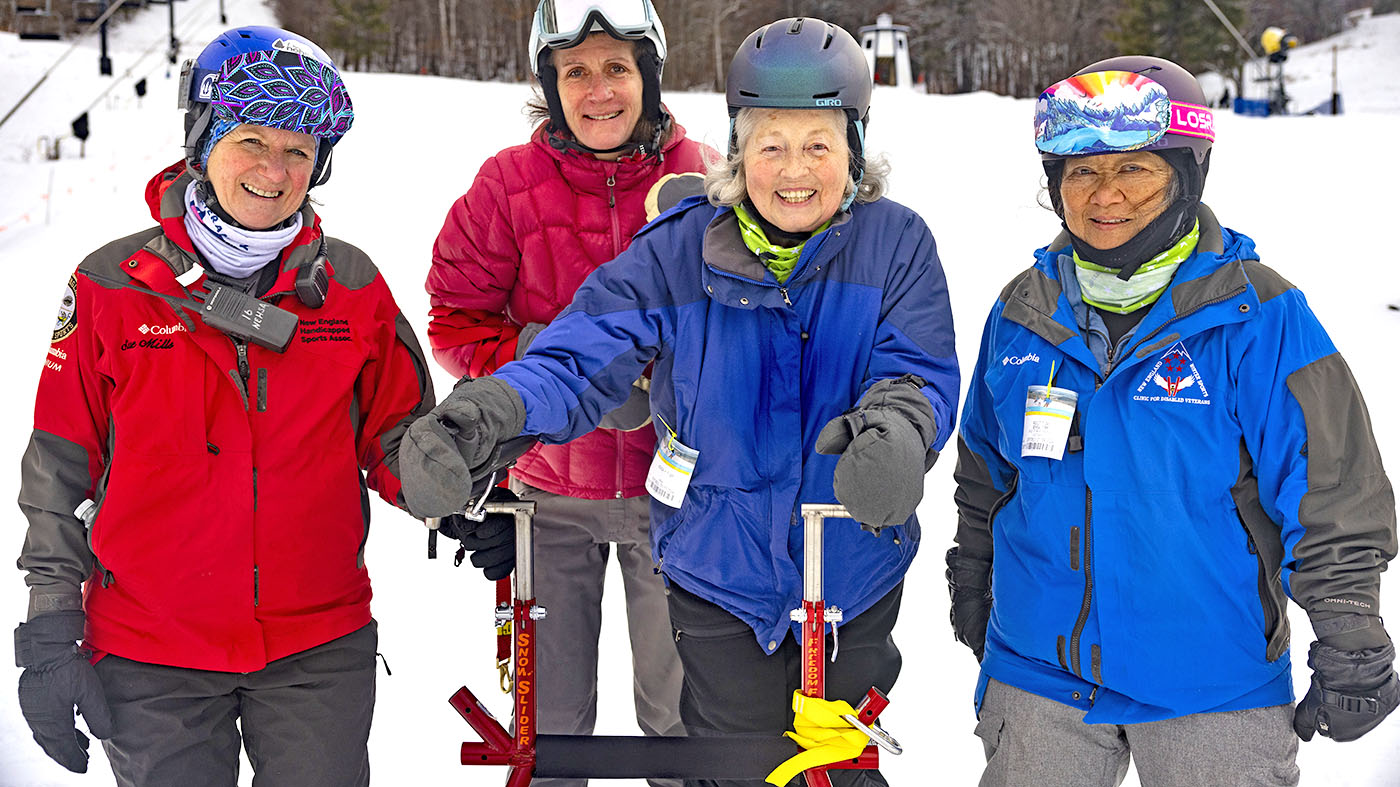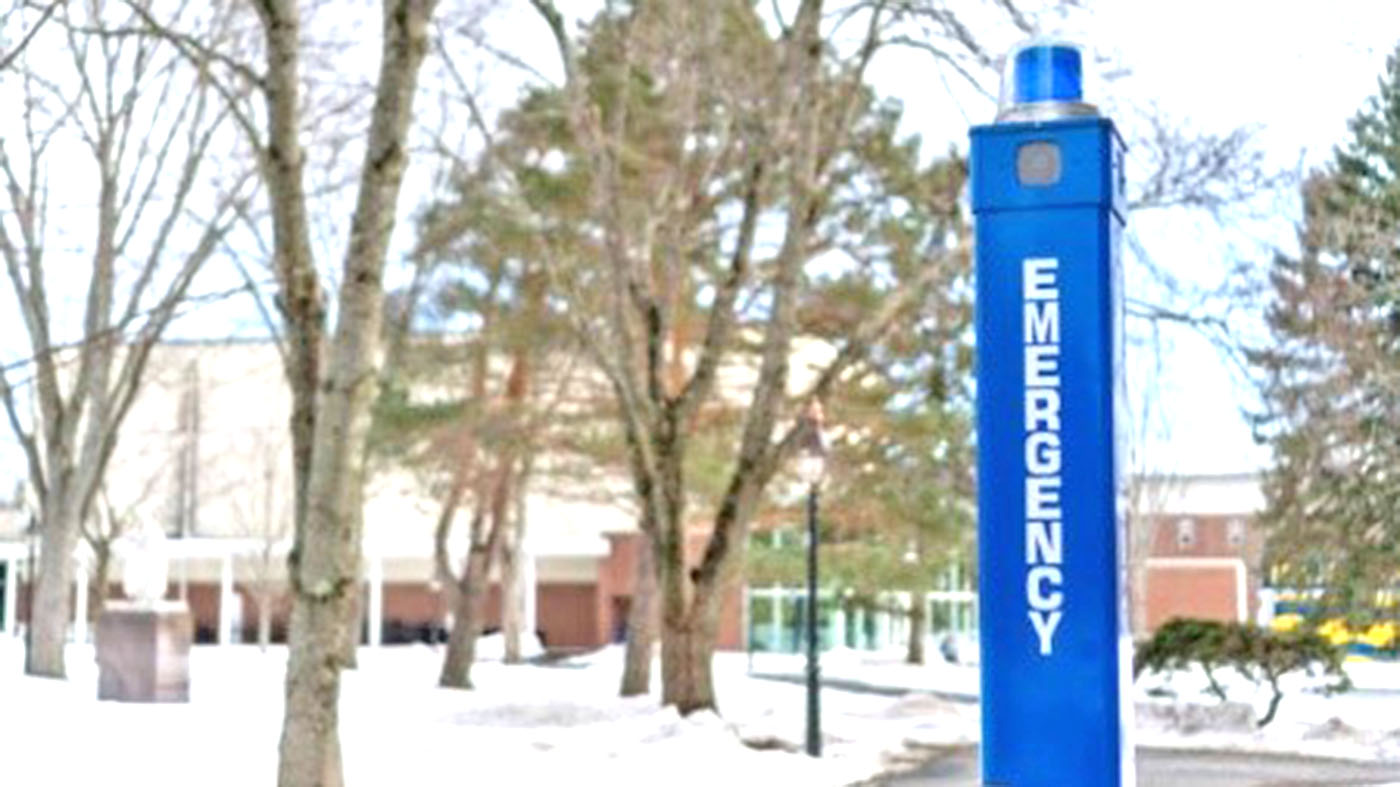Battle Creek VA hosted a Mental Health Summit at Western Michigan University’s Grand Rapids location Sept. 29. The theme for the summit was “Improving Health Care for Aging Veterans,” and it provided 12 breakout sessions which delivered information on how to approach and deliver care to older Veterans. In total, it held more than 150 participants in person and online.
“The goal of the summit was to connect with our community partners and ensure that we are truly connecting with Veterans who may not be receiving care through us or may not know they can receive care through us,” said Russell Bell, local recovery coordinator. “This also helped to make sure they know we are a resource they can utilize when appropriate and when the Veteran is eligible.”
Of 16 million Veterans, nearly half are 65 or older
As of 2022, there were 16.2 million Veterans in the United States and nearly half are 65 or older. The largest group of older Veterans (5.5 million) served during the Vietnam era. World War II Veterans made up the smallest group (183,000) of war-time Veterans.
“In aging Veterans, there are unique risk factors associated with aging related changes, how the body metabolizes medications, natural changes to cognition—such as slower processing and reduced efficiency of new learning,” said Dr. Jeremy Bottoms, a neuropsychologist who co-chairs the Battle Creek VA Dementia Committee and is associate training director for the Residency Program in Clinical Neuropsychology. “If we do not account for these factors in our treatments, which may be quite appropriate for younger Veterans, we may put our older Veterans at risk.”
The summit also allowed individuals and representatives from both civilian and federal organizations to learn about eligibility and what services can be offered.
“Care for elderly Veterans takes a community of committed people inclusive of providers, caregivers, family members and community agencies. The more coordinated we are, the better the outcomes for elderly Veterans,” Bottoms continued.
“We are seeing that Veterans who are in the golden years of their lives often need more services, more assistance and more care,” said Bell. “As they get older, some of these issues are debilitating and they can no longer provide the care they need. We want to make sure we’re accessing the community partners and making sure those Veterans are not languishing outside of VA but coming in and accessing the care they deserve.”
Breakout sessions included topics on Alzheimer’s Disease vs. Vascular Dementia, the Intersection of Aging LGBTQ+ Veterans, Principles of Medication Management in the Older Adult, and Understanding and Preventing Suicide in Older Veterans.
“Elderly Veterans are unique and often complex. We should strive for personalized, person-centered care,” said Bottoms. “There is no one-size-fits-all approach when it comes to caring for them.”
Topics in this story
More Stories
Spinal cord stimulation implantation helps Veterans suffering from chronic pain improve their quality of life without narcotics.
After Addison’s Disease and lumbar spine surgery, nurse Veteran Gayle Smith re-learned how to ski. “You have more courage than you think.”
Follow these 10 winter safety tips to stay warm, safe and protected during the cold winter.







